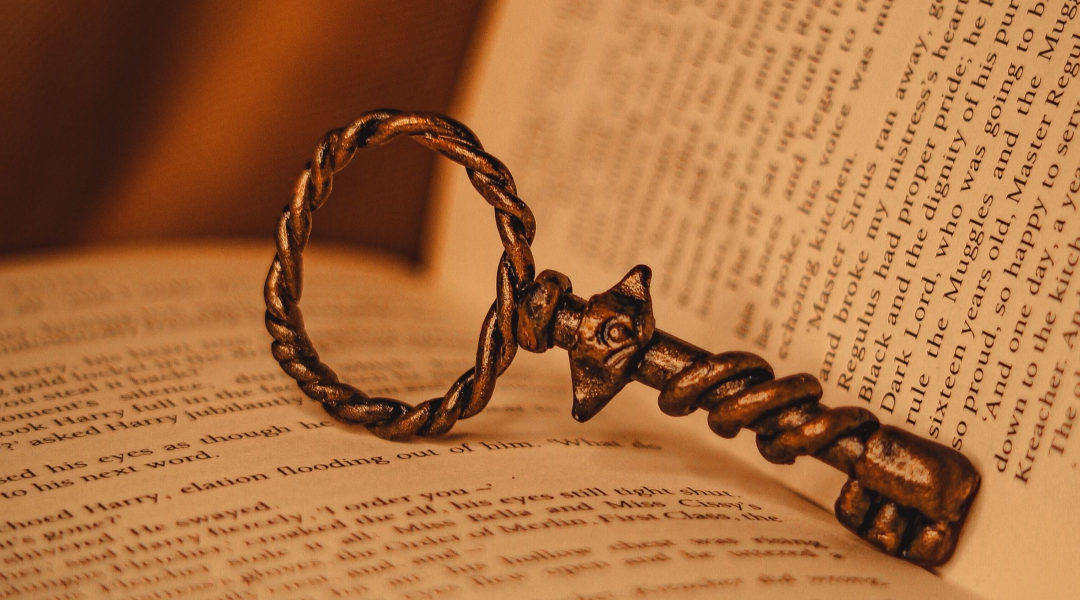The search for longevity has long driven the human species throughout history. Whether looking at the Chinese Emperor’s, Qui Shi Huang, efforts to transform mercury into a longevity elixir, which ended up killing him, or Ponce de Leon’s 16th century failed search for the fabled Fountain of Youth, the desire to extend the natural lifespan has turned to more promising scientific approaches. Towards that end, researchers are looking for a better understanding of the role played by the Kothos protein in rejuvenating the human body.
Klothos Mutant Mice and the Exploration of Science
The famed role of the “laboratory rat” in expanding scientific exploration is well known, and recent studies suggest that that role has not been supplanted by computer models. Indeed, an examination of Klothos mutant mice has noted that they display an array of age-associated degeneration including arteriosclerosis, osteopenia, and ectopic calcification of major internal organs. As these lab animals only enjoyed a lifespan of two or three months, as opposed to the two to the three-year lifespan of a mouse living in the wild, these studies provide an excellent opportunity to explore the Klothos protein in the aging process.
Towards a Better Understanding of the Kothos Protein
To better clarify this complex understanding, let us explore what the major cause is between the two premature aging phenotypes between Klotho deficient mice population and those not so encumbered as noted above regarding the longevity between field and laboratory mice. Researchers are looking at two possible explanations. First, they question the overproduction of 1,25(OH)2 D3 (the active metabolite of Vitamin D), which is found with impaired regulation of calcium and phosphorus homeostasis. Additionally documented, these researchers found increased oxidative stress owing to a deficiency of Klothos mediated inhibition of insulin.
An Area for Further Study
As scientists move towards a better understanding of the Kothos protein, studies with Kothos-deficient mice populations promise the possibility of unlocking the key to aging and suggest that such research will see an extension of the human lifespan. For centuries, mankind has sought the mysteries of agelessness, and modern science is believed to be close to finding the key that unlocks those mysteries.

